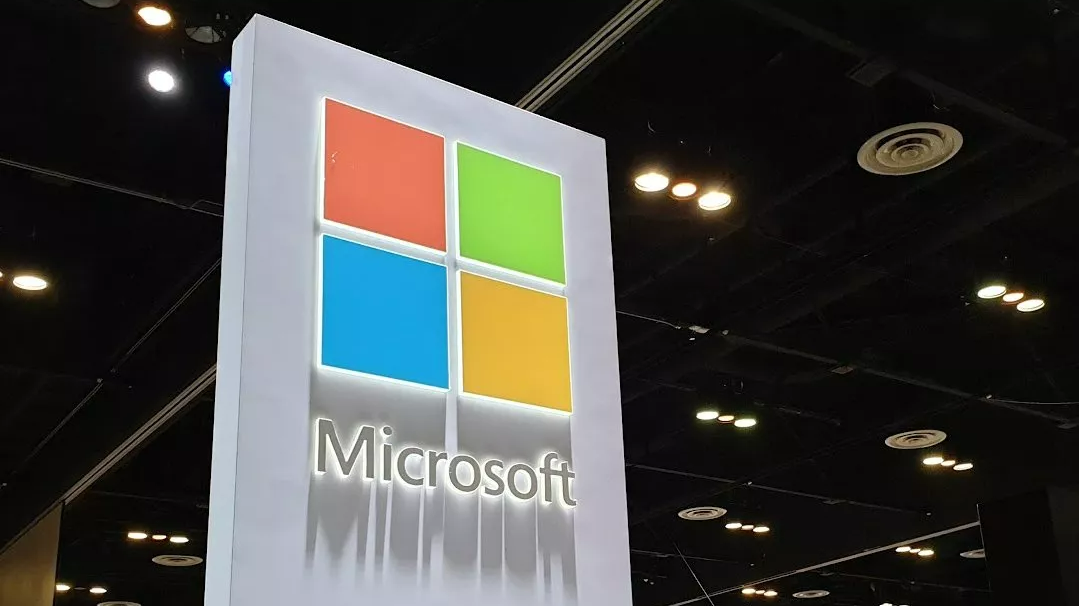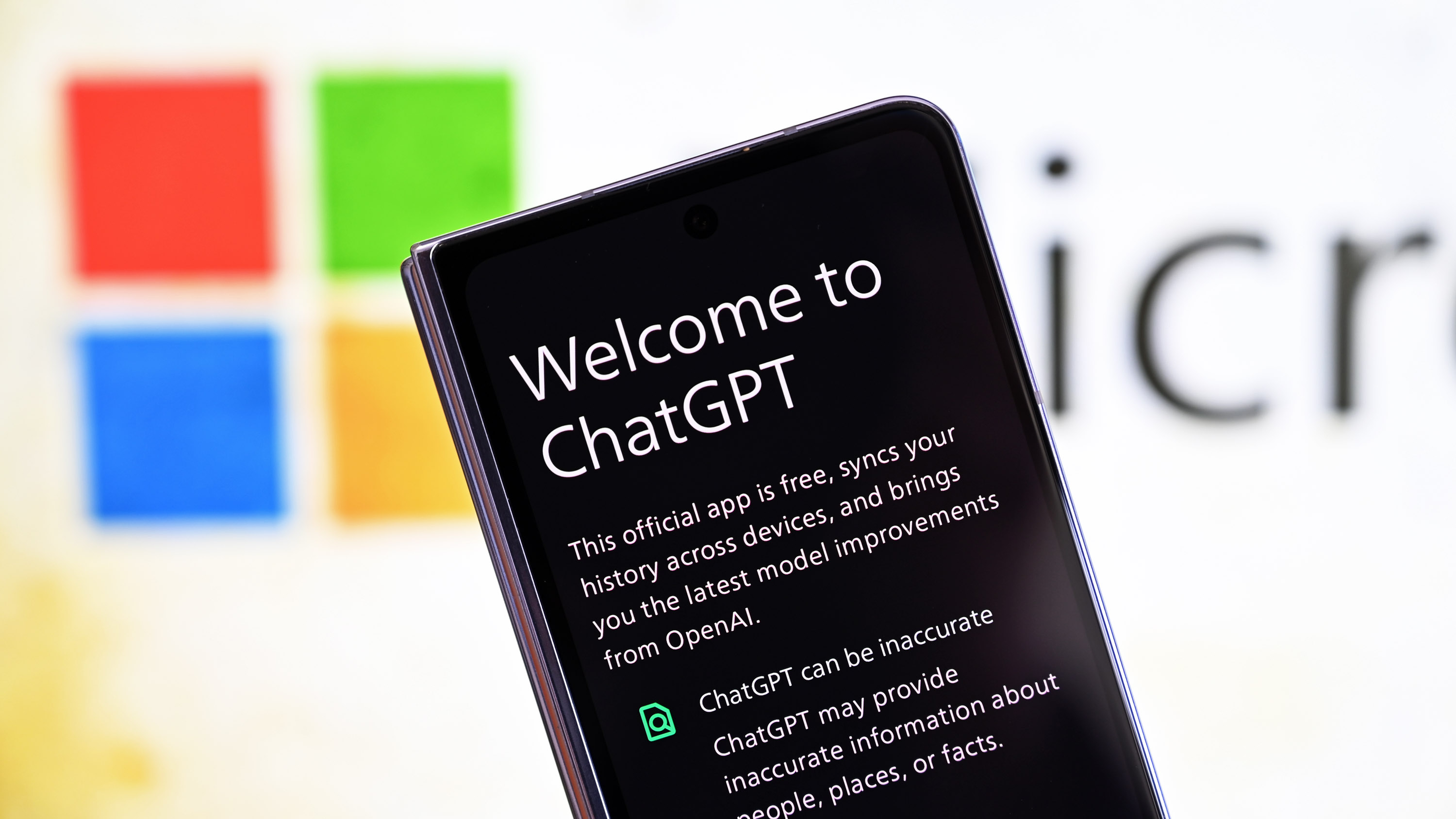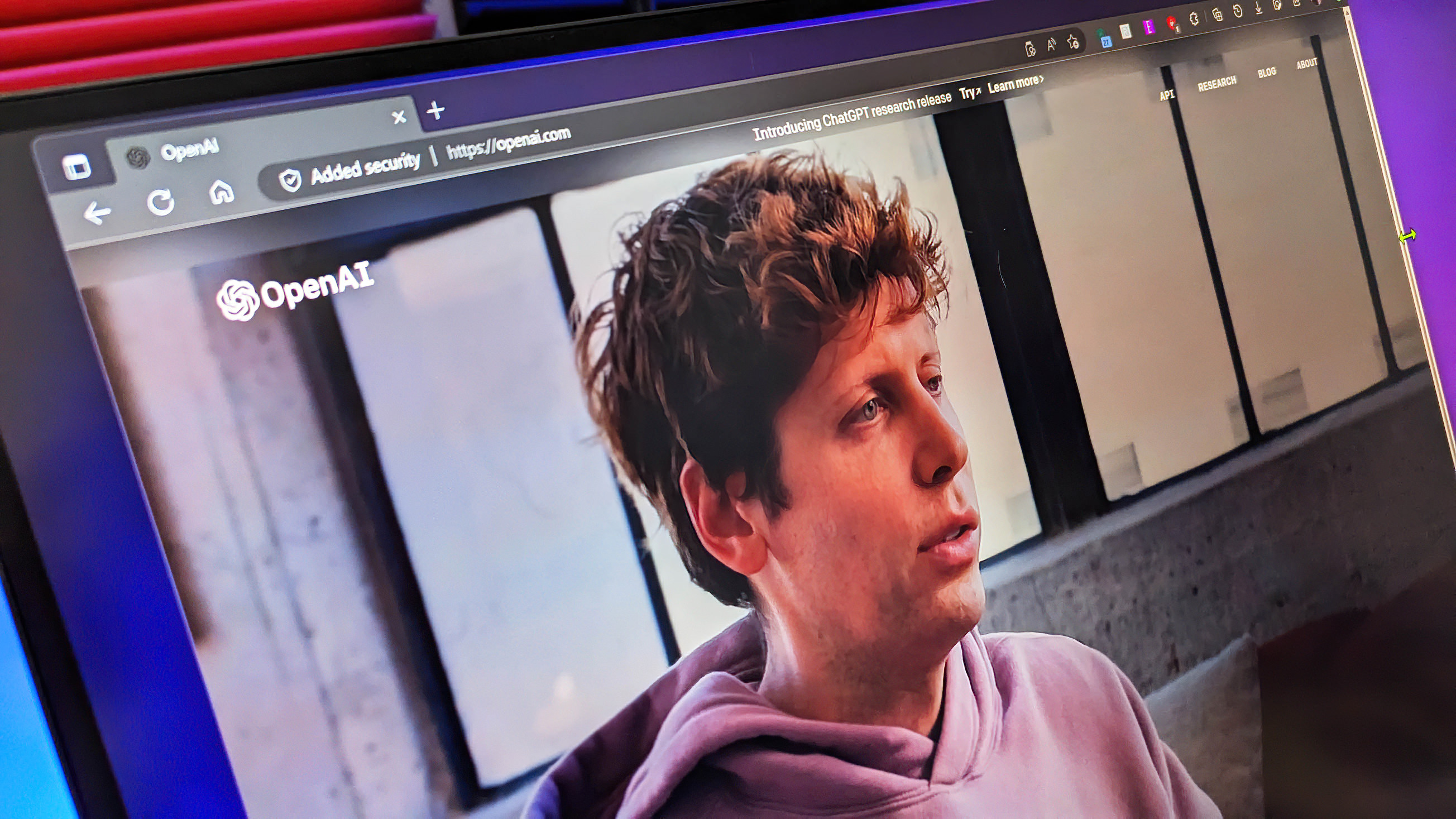Microsoft CEO Satya Nadella says "OpenAI wouldn’t have existed but for our early support," amid claims of the hot startup turning into its "closed-source de facto subsidiary"
Microsoft CEO says OpenAI wouldn't probably exist if it didn't invest billions to support its advances.
What you need to know
- Microsoft CEO Satya Nadella has discussed the company's support for OpenAI, its 49% stake in its for-profit arm, and integration of AI into Microsoft's products.
- Microsoft is the world's most valuable company, with a market capitalization of over $3 trillion, and it is expected to maintain its position ahead of Apple.
- The company is reportedly working on an in-house project called Stargate to reduce its reliance on NVIDIA for AI chips.
A little while ago, during an interview hosted by CNBC's Shereen Bhan, Microsoft's Satya Nadella discussed the company's interest in AI and the direction it intends to take with the technology moving forward.
During the broad interview, Microsoft's CEO discussed the opportunities the cutting-edge technology is already creating for people in terms of jobs and its potential to improve the economy. He also spoke about Microsoft's partnership with OpenAI, as it currently holds a 49% stake in the earnings of OpenAI's for-profit arm.
The CEO shared that Microsoft has always positioned itself in partnerships that create enterprise value. He indicated that Microsoft was comfortable with the status of its relationship with OpenAI. Microsoft's Satya Nadella also talked about OpenAI's new board and its new observer seat at the company.
Interestingly, according to Microsoft CEO Satya Nadella:
"OpenAIwouldn'tt have existed but for our early support. Today, they are an incredible company, and we are thrilled to be a part of their journey."
The interview ends with Satya Nadella highlighting his successes as Microsoft's CEO and plans to use past lessons to inform his decisions around AI advances.
Microsoft's early lead in AI is turning into a win

Microsoft's continued rally and early adoption of generative AI are paying off. The tech giant is currently ranked as the world's most valuable company ahead of Apple with over $3 trillion in market capitalization. 13 market analysts unanimously voted that Microsoft will be the world's most valuable company ahead of Apple in the next five years, with some indicating it's on the precipice of reaching its next 'iPhone moment' with AI.
All the latest news, reviews, and guides for Windows and Xbox diehards.
The Redmond giant's fully-fledged focus on AI started when it made a $1 billion investment in OpenAI back in 2019. It further extended its partnership with the ChatGPT-maker by making a multi-billion dollar investment, consequently leading the company to integrate AI across most of its products and services, coupled with the birth of Copilot.
But Microsoft's tech bromance with OpenAI is riddled with issues

Microsoft's relationship with OpenAI has raised concern among investors and users. A recent report centered around Microsoft insiders' sentiments indicates the company has seemingly turned into "a glorified IT department for the hot startup."
The complicated relationship between the two tech companies has seemingly opened a can of worms, placing them under the scrutiny of antitrust watchdogs. Last week, Microsoft narrowly escaped a formal probe by the EU after it determined that its multi-billion dollar investment wasn't a hostile takeover of OpenAI and had no say in the direction the company took.
While Microsoft and OpenAI seem clear, they aren't completely out of the woods, as they are still under scrutiny in other regions. Microsoft is actively exploring ways to avoid further scrutiny and interruption of its operations. For instance, its newly-found partnership with Mistral AI is designed to help commercialize its new AI language models. Perhaps it's also in place to help keep antitrust merger-related probes at bay, diversify its portfolio, and even spread risk.
Has OpenAI ditched its founding mission?

OpenAI has also encountered its fair share of challenges over the past few months, including copyright infringement lawsuits. The most recent issue erupted after billionaire Elon Musk slapped the company and CEO Sam Altman with a lawsuit citing a "stark betrayal of its founding mission" and choosing the for-profit way as "a closed-source de facto subsidiary of the largest technology company in the world: Microsoft."
The billionaire wants OpenAI to revert to its initial mission — to make AI available to everyone for free. These are just but a few of the issues riddling the Microsoft and OpenAI tech 'bromance' and perhaps hitting the peak during the OpenAI fiasco, when the tech startup's board of directors spontaneously decided to fire Sam Altman only to reinstate him back as CEO after trouble started brewing within the company with hundreds of staffers threatening to leave.
Microsoft was seemingly left out in the cold while all these transpired. However, rumors hitting the windmill indicated the tech giant was ready to absorb all the OpenAI staffers under its AI division in its LinkedIn offices in San Francisco under the helm of Sam Altman and Greg Brockman.
But the tech giant seems to have its affairs in order if Microsoft CEO Satya Nadella's comment on the matter is anything to go by:
"We were very confident in our own ability. We have all the IP rights and all the capability. I mean, look, if tomorrow OpenAI disappeared, I don't want any customer of ours to be worried about it, quite honestly, because we have all of the rights to continue the innovation, not just to serve the products. But we can go and just do what we were doing in partnership, ourselves, and so we have the people, we have the compute, we have the data, we have everything."
Elsewhere, OpenAI and Microsoft are reportedly in the middle of another multi-billion dollar deal that could free them from overdependence and reliance on NVIDIA for AI chips. The project, Stargate, is slated to launch in 2028 and should meet the high demand for GPUs to facilitate rapid advances in the AI landscape.

Kevin Okemwa is a seasoned tech journalist based in Nairobi, Kenya with lots of experience covering the latest trends and developments in the industry at Windows Central. With a passion for innovation and a keen eye for detail, he has written for leading publications such as OnMSFT, MakeUseOf, and Windows Report, providing insightful analysis and breaking news on everything revolving around the Microsoft ecosystem. While AFK and not busy following the ever-emerging trends in tech, you can find him exploring the world or listening to music.
